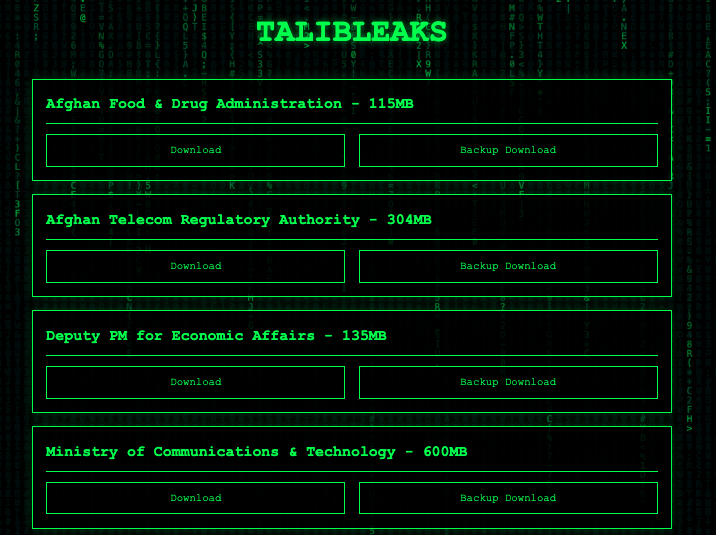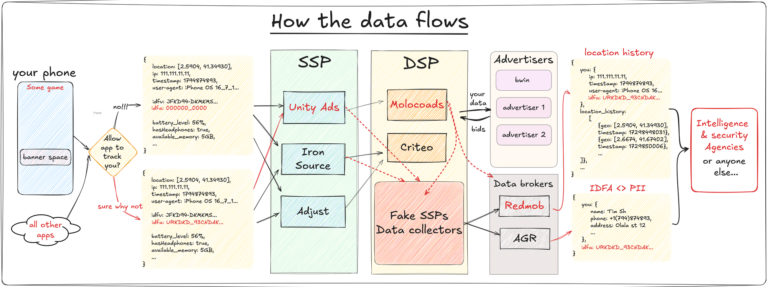
The United States Secret Service has admitted that it did not verify whether individuals had consented to the use of their geolocation data in a specialized surveillance program. Although the agency claimed that the data was collected with permission, no actual checks were conducted to confirm such consent. The geolocation data was obtained via weather and navigation applications, which transmitted information to a company called Venntel.
The Federal Trade Commission (FTC) has prohibited Venntel from selling location data after uncovering that consent was not always sought. Venntel was identified as a key supplier of data for surveillance tools used by government agencies. For instance, Babel Street’s Locate X program enabled the tracking of individuals’ movements through smartphones, down to visits to clinics and residential areas.
In 2022, Senator Ron Wyden’s office inquired of the Secret Service about measures taken to ensure that location data was obtained with users’ consent. The response was unequivocal—none. It was also revealed that the agency utilized the tool without a warrant, although it claimed the data was only used for intelligence gathering and not in legal proceedings.
Earlier journalistic leaks highlighted the capabilities of Locate X. In one video, the program was demonstrated to allow users to select a specific area on a map and monitor devices that had entered the zone. Internal Secret Service communications debated whether a warrant was necessary for such data usage. Some argued that consent was implied when users installed the applications. However, the FTC established that consent was either absent or ambiguous.
The FTC also found that data collection disclosures in the apps were insufficiently transparent. Venntel’s parent company, Gravy Analytics, faces similar accusations of privacy violations. Senator Wyden condemned these practices as unacceptable and outrageous.
According to the FTC, Gravy and Venntel process over 17 billion signals daily from approximately one billion devices. The commission stated that the companies’ actions jeopardize civil liberties and the safety of vulnerable groups, including military personnel, religious minorities, and labor union activists.


